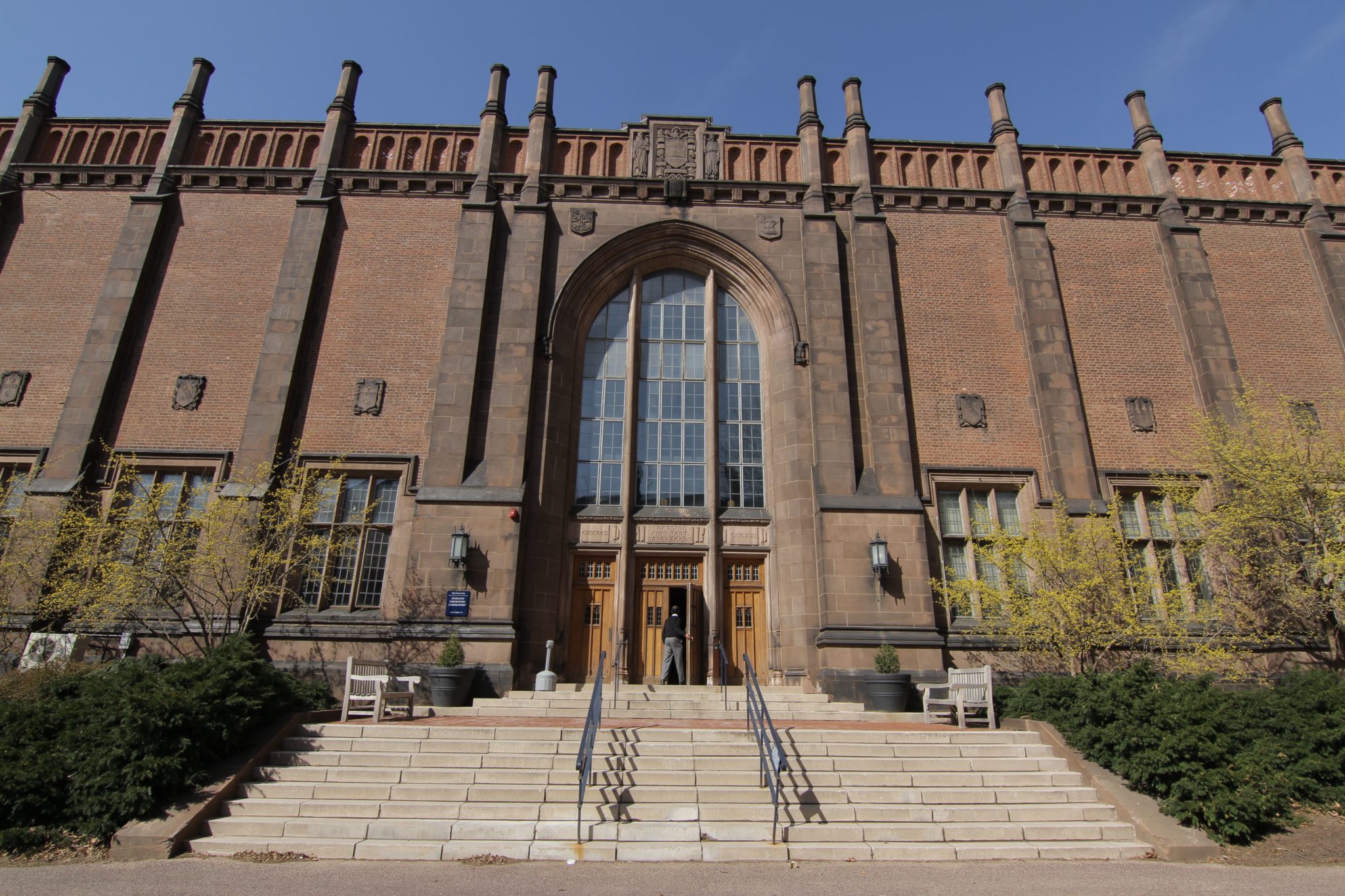
As the University outlines the implementation of the University Science Strategy Committee’s recommendations, donors’ investment decisions will become one of the key determinants of Yale’s next steps.
Per University President Peter Salovey’s announcement last week, Yale will invest in areas recommended by the USSC, including integrative data science, quantum science and neuroscience. Vice Provost for Research Peter Schiffer announced the University’s first steps earlier this week. According to the announcement, the University will enhance internal funding for graduate students and expand Yale’s STEM facilities by summer 2019. But according to University Provost Ben Polak, Yale must raise $2 billion to implement the endorsed projects.
As the University begins the silent phase of the new capital campaign and the office of development expands, University administrators have put a new emphasis on fundraising. While the goal of the campaign is to raise as much funding as possible, Joan O’Neill, vice president for alumni affairs and development, told the News that the University is unlikely to receive donations to support all the initiatives recommended by the USSC. Conversations between the development staff and potential donors will help Yale determine its next steps in implementing the report’s findings, O’Neill explained.
“We are excited to raise more money for science than we have traditionally done in previous campaigns,” said Capital Campaign Director Eugenie Gentry. “The question is: among all those [USSC priorities], what is the piece that may be most exciting to potential donors?”
O’Neill and Gentry declined to comment on which USSC recommendations have been most well-received by donors.
While the University may not be able to procure gifts for certain recommendations, O’Neill said the University can still implement those recommendations with funds from its operational budget.
“Donors give most generously when they are motivated and inspired,” Gentry said. “It is their choice as to what to do with their philanthropy, and it’s our job to ensure that we have made the case and inspired them to provide support.”
In his Monday announcement, Schiffer stated that the University’s next steps in implementing the USSC recommendations will be “be informed by the input of many stakeholders across the University” and will depend on available resources.
“The next stages include planning for implementation of the recommended initiatives as resources become available,” Schiffer said in the announcement. “Many of the initiatives will require time to implement, and many will depend on fundraising efforts.”
Schiffer also wrote that Yale has already begun to implement some of the recommendations outlined by the USSC. Starting June 2019, the University will award fellowships for graduate students in science and engineering that will fund research for a full year as opposed to nine months. The longer fellowships are intended to make Yale’s graduate programs in STEM more competitive compared to its peers.
Polak commissioned the USSC in January 2017.
Lorenzo Arvanitis | lorenzo.arvanitis@yale.edu
Serena Cho | serena.cho@yale.edu







